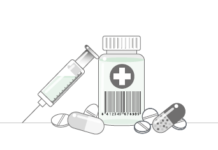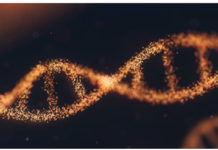
The European Union is undergoing its most significant overhaul of pharmaceutical legislation in over two decades, a transformation that carries major implications
for orphan drugs and rare diseases. On June 4, 2025, the Council of the European Union adopted its official position on what is known as the “pharma package”, a sweeping reform designed to modernize the existing regulatory framework of medicines in Europe.
At the heart of the package is a revision of core legislation, including Regulation 726/2004, Directive 2001/83/ EC, and orphan and pediatric regulations (EC 141/2000
and 1901/2006). The objectives are multi‑layered:
- To ensure equitable and timely access to safe, effective, and affordable medicines across all EU member states.
- To strengthen supply chain resilience, addressing medicine shortages.
- To modernize regulatory processes to accommodate innovation.
- To redesign incentives for orphan and pediatric medicines.
Key elements of the Council’s position affecting rare diseases include the following:
- Maintaining an eight‑year baseline of regulatory data protection, while proposing a reduced one‑year additional market exclusivity (down from the current two) for products that meet high unmet medical needs or reach broader market adoption.
- The orphan drug exclusivity period remains at nine years but can be extended to eleven years if the product addresses significant clinical gaps.
- Introducing a Member State right to require companies to supply sufficient product to meet national patient needs, a move aimed at preventing local shortages or uneven distribution.
Importantly, the European Parliament had earlier endorsed amendments, such as a baseline of 7.5 years of data protection extendable under certain conditions, and retention of an explicit reference to orphan medicines within the PRIME scientific support scheme—
but these were more ambitious and have since been modified in Council negotiations. Patient groups like EURORDIS have welcomed some elements while urging restoration of orphan‑specific support provisions to maintain momentum in addressing unmet needs.
With the Council’s position now finalized, the trilogue negotiation phase between the European Parliament, Council, and European Commission is underway. The
outcome of these negotiations in the coming months will determine the final legislative text to shape access and development of therapies for rare and paediatric diseases across the EU.
This reform is arguably the most important legislative development in EU rare disease policy, because it extends beyond orphan‑specific rules and reconfigures the entire pharmaceutical environment to prioritize innovation, accessibility, equity, and sustainability.
More information






















